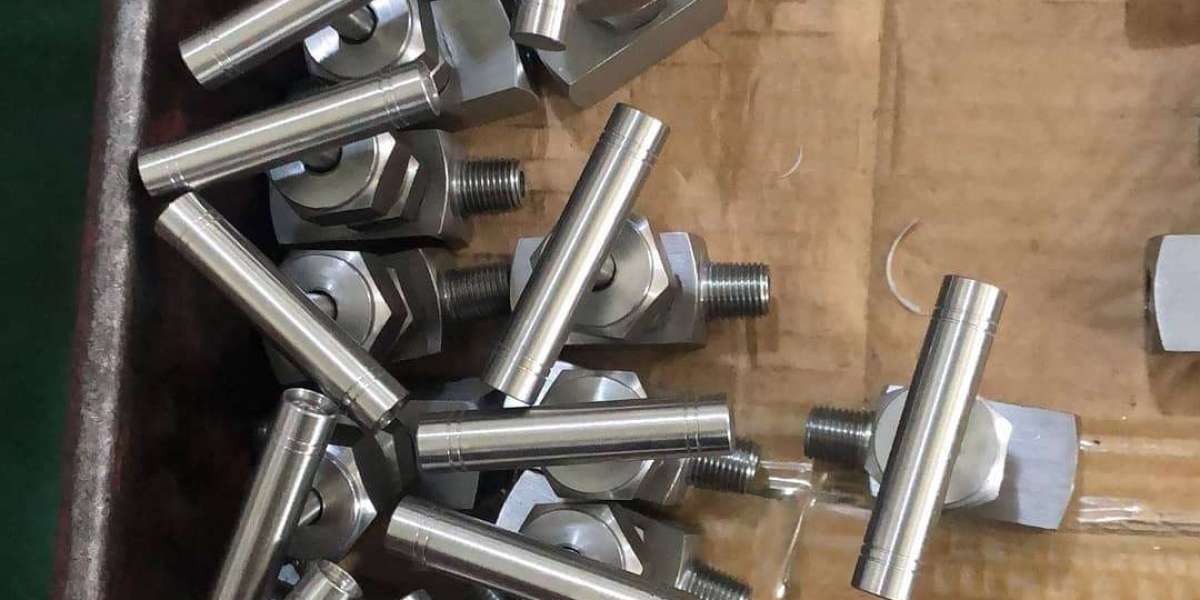Speciality Valve is esteemed as the leading Needle valve manufacturer in India, serving esteemed clients across Gujarat, Kerala, and Punjab.
What are Needle Valve?
Needle valves are precision-engineered components tailored to accurately regulate the flow of liquids or gases in a system. Their name stems from the slender, pointed, and curved stem, reminiscent of a needle, housed within a threaded opening or seat. Renowned for their exceptional control capabilities, needle valves excel in applications requiring precise and accurate flow control.
How do Needle Valve work?
A needle valve operates by employing a long, tapered needle-shaped plunger, which fits into a corresponding seat. Rotating the valve stem either withdraws or pushes the needle into the seat, thereby adjusting the opening for flow. This precise adjustment facilitates fine control of flow rates, rendering needle valves ideal for applications necessitating accurate regulation, such as in instrumentation and flow metering systems.
Widely employed across industries including oil and gas, chemical processing, and industrial equipment, needle valves are favored for their ability to deliver precise control over flow rate and pressure. This attribute makes them indispensable in situations where minor adjustments significantly impact operational efficiency and safety. We manufacture needle valves in various materials and sizes to suit diverse application needs.
Parts of a Needle Valve:
Body of the Valve: The main housing of the needle valve, typically crafted from durable materials, providing structural support for other components.
Bonnet: A removable cover or cap connected to the valve body, offering access to internal components for maintenance or repair.
Stem: A cylindrical rod extending from the bonnet through the valve body, connecting to the needle to control its position within the valve.
Needle: A long, tapered plunger attached to the stem, fitting into a matching seat within the valve body to regulate fluid flow.
Seat: A machined surface within the valve body where the needle makes contact, providing a tight seal to prevent leakage.
Handle: An external component allowing manual operation of the valve, connected to the stem or bonnet to adjust fluid flow by rotating the needle.
Packing or Packing Gland: A seal surrounding the stem where it passes through the bonnet, preventing fluid leakage and adjustable for seal integrity.
Advantages of Needle Valves:
Compact Design: Needle valves are more compact compared to other valve types.
Precision Flow Control: Ensures accurate flow control, especially at low rates.
Adjustable Flow Rates: Easy adjustment of flow rates according to requirements.
Ease of Closure: Simple to close for quick operation.
Bleed Valve Functionality: Can serve as bleed valves in hot water heating systems.
Industries Utilizing Needle Valves:
Power Plants
Refineries
Chemical Plants
Oil and Gas Exploration
Chemical Processing
Description of Needle Valves:
Materials: SS316, SS316L, Duplex, Inconel 625, SS304, CF8, CF8M, F51, F53, F55.
Class: 150 to 2500.
Nominal Pressure: PN10 to PN450.
Size: 1/2” to 2”.
Ends: Threaded, socket weld, butt weld.
Operations: Hand wheel operated.
Visit our Website for more details: https://www.specialityvalve.com/product-category/needle-valve/








